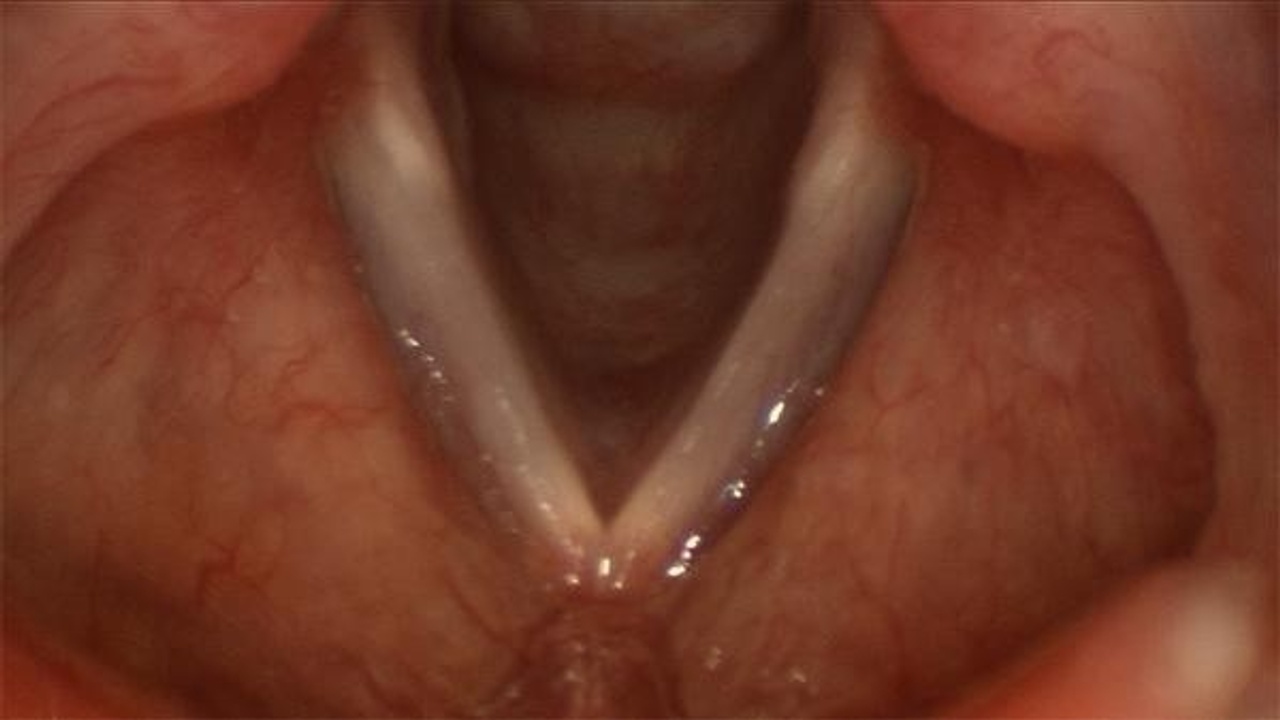
Common Voice Disorders
Have you ever wondered if there’s something wrong with your voice? Maybe you’ve noticed changes, or a doctor has told you about an issue, and now you’re unsure where to turn. Vocal health is an essential but often overlooked topic for singers and voice users. And when we aren’t vocally healthy, it can lead to feelings of frustration and shame—which only makes singing harder. (Because seriously, who can sing while crying?)
At M.E.T. Studio of Voice, we understand the challenges of vocal health issues. Our team is trained and committed to helping singers and voice users overcome vocal disorders and reclaim their voices. You are NOT alone, and you CAN overcome this.
Below is a guide to common vocal disorders. If one of these resonates with you—or if you’ve experienced another type of vocal health issue—know that help is available.
Common Vocal Disorders and Their Treatments
1. Muscle Tension Dysphonia (MTD)
Muscle Tension Dysphonia occurs when the laryngeal muscles (those responsible for sound production) work improperly to compensate for underfunctioning vocal folds. This condition often leads to:
- Breathy, inconsistent, or crackly voice quality in both speaking and singing.
- Overactivity of external laryngeal muscles during vocal production.
- Discomfort or tension in severe cases.
Treatment: Voice therapy is the primary treatment for MTD. With proper guidance, the vocal muscles can be retrained to function healthily and effectively.
2. Vocal Polyps
Polyps are well-defined, non-cancerous masses that typically develop at the midpoint of the vocal folds. Although more common in men, polyps can affect anyone. Their symptoms include:
- Minimal or inconsistent sound disruption (polyps may “wiggle” and not always interfere with voice production).
Treatment: Options include voice rest, voice therapy, and in some cases, surgery.
3. Vocal Cysts
Cysts are collections of mucus or other material surrounded by a membrane. They occur within the lamina propria (a connective tissue layer on the vocal folds) due to irritation or strain.
Treatment: Vocal rest is essential, and surgery may be recommended to remove the cyst.
4. Vocal Nodules
Nodules are like calluses that form on both vocal folds (bilateral). They’re typically caused by hyperfunction, or excessive strain, and are most common in female singers. Symptoms include hoarseness, vocal fatigue, and difficulty reaching high notes.
Treatment: Voice therapy—not surgery—is the best approach for nodules. This should last at least 6–8 weeks and include excellent vocal hygiene practices.
Why Voice Therapy is Essential
Notice a common theme? Voice therapy is an integral part of treatment for all these disorders. That’s because vocal production relies on a complex system of muscle groups. If these muscles have adapted to unhealthy habits, they must be retrained to support proper vocal function. Voice therapy helps:
- Recondition vocal muscles.
- Establish healthier techniques for speaking and singing.
- Prevent future vocal health issues.
It’s not just treatment—it’s an investment in your vocal future.
Don't miss a beat!
New moves, motivation, and classes delivered to your inbox.
We hate SPAM. We will never sell your information, for any reason.


